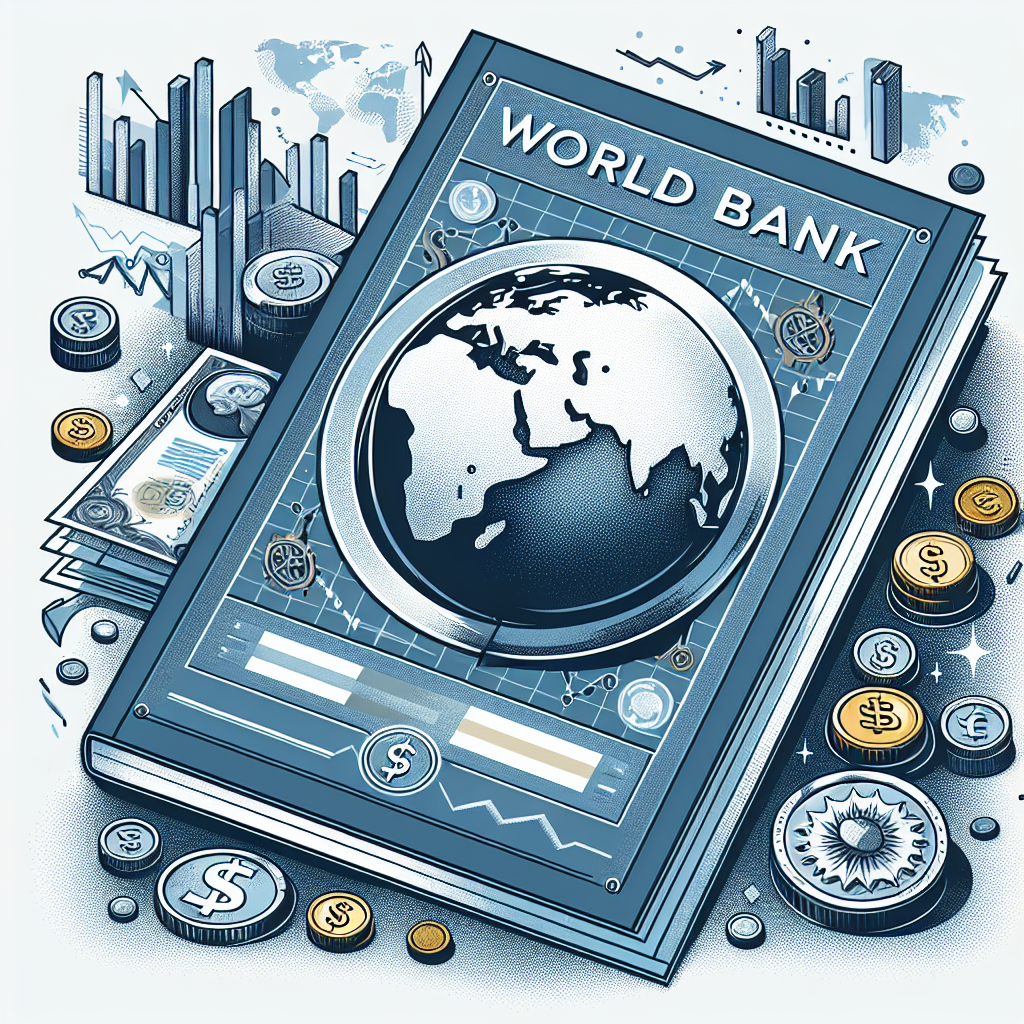World Bank’s Business Ready Report Highlights Gap Between Regulations and Public Services
2024 Report Shows Economies Score Higher on Regulatory Frameworks but Fall Behind on Implementation and Public Service Delivery.

The World Bank Group’s Business Ready report, launched in 2024, reveals that while many economies are making progress in enacting regulations to improve the business environment, there is a significant gap in the delivery of public services needed to support these improvements. The inaugural report, which assesses 50 economies, finds that regulatory frameworks are generally more advanced than the public services provided to businesses, hindering the full benefits of a favourable business climate.
The report highlights that economies score an average of 65.5 on a scale of 0 to 100 for the quality of their regulatory frameworks. However, they score only 49.7 for the quality of public services, which are crucial for easing business compliance and implementation. This gap is seen across all regions and income levels, with the largest disparities in Sub-Saharan Africa and the Middle East and North Africa.
“Progress in economic growth hinges on a conducive business climate that enables private enterprise to thrive,” said Indermit Gill, the World Bank Group’s Chief Economist and Senior Vice President for Development Economics. He emphasized that Business Ready provides the insights governments need to create conditions that foster business innovation and sustainable growth. Key Findings
Regulatory Gaps: While regulations may be well-designed, the lack of public services such as digital tax payment platforms or efficient legal systems limits businesses' ability to comply easily.
Global Comparisons: The report reveals that richer economies tend to score higher overall, but middle- and low-income countries like Rwanda, Georgia, Colombia, Viet Nam, and Nepal also perform well in various aspects, showing that a strong business climate is not exclusive to wealthier nations.
Diverse Challenges: The time it takes to register a business ranges from 3 days to 80 days while resolving a business dispute in court can take anywhere from 105 days to 5 years, depending on the country.
Looking Ahead
The Business Ready report is set to expand to 180 economies by 2026, providing a comprehensive global benchmark for business and government leaders. The data is fully transparent and publicly available, enabling stakeholders to replicate and verify results using toolkits provided by the World Bank.
In contrast to its predecessor, the Doing Business project, the Business Ready report takes a broader and more transparent approach, incorporating feedback from governments, civil society, and academia to better assess both regulatory frameworks and public services.
Norman Loayza, Director of the World Bank’s Indicators Group, noted, "Economies need not be rich to have a good business environment. Low- and middle-income countries can excel in creating a business-ready climate if they implement strong public services alongside well-designed regulations."
The report aims to motivate reform by offering governments and businesses actionable insights, guiding them toward creating environments where businesses can thrive, ultimately benefiting workers, consumers, and society as a whole.
- READ MORE ON:
- World Bank










